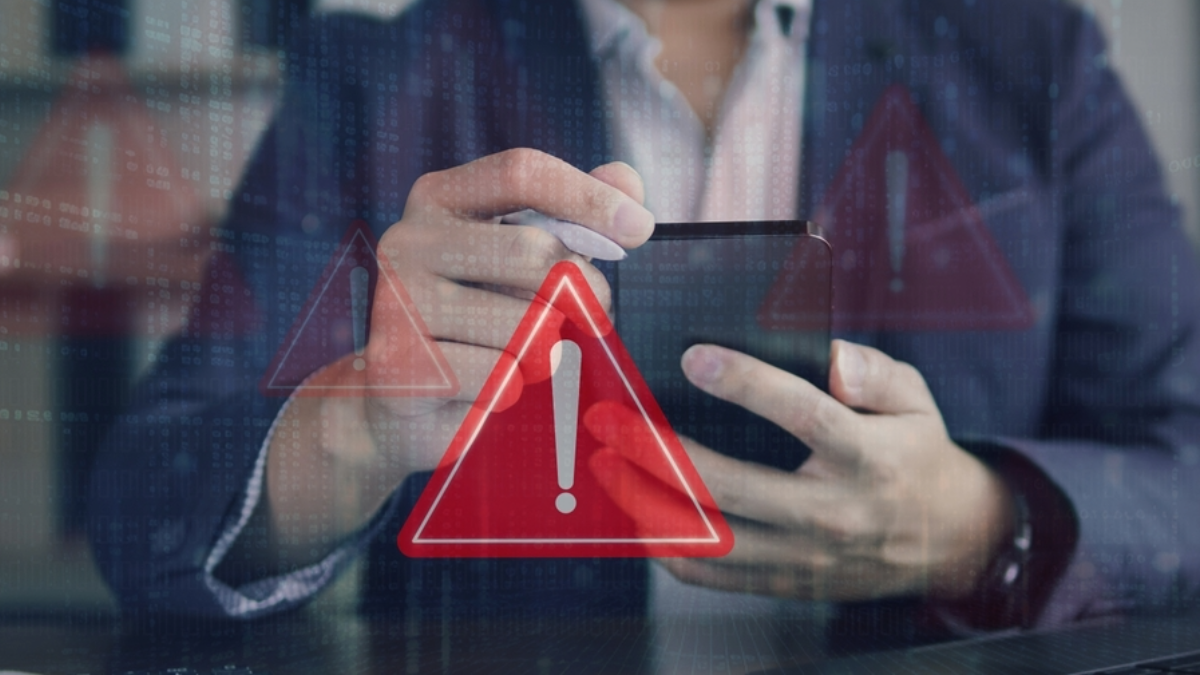There’s No Texting Away Gun Violence
Andy Ratto / Mar 6, 2024If you are a New Yorker, the next time your phone buzzes, it might not be about your food delivery or the Yankees’ score. If some legislators have their way, residents of the state could soon receive alarming and counterproductive phone alerts about gun violence. A New York State Senate bill for a gun violence alert system, which would add a category to an existing set of alerts to NY Alerts– a system that currently allows citizens to subscribe for updates about weather, earthquakes, public health, and other information– would do little to help with public safety, but would have a range of negative repercussions.
New York is already one of the safest states for gun violence, but because of its population density, New Yorkers would receive a disproportionate number of jarring and misleading gun violence alerts. Text message phone alerts for gun violence in a one-mile radius would likely provide inaccurate information, skew perceptions of violence, promote a culture of fear, negatively impact our politics, and harm individuals mentally and emotionally.
That is, if the system even works. With the delays inherent in investigating suspected gunshots, these alerts would likely not be helpful as real-time safety alerts, and may only function as notifications of violence that had already occurred. It would be even worse if this data came from the ShotSpotter technology already being used in New York City to identify gunshots, which has been widely criticized after an extensive study in Chicago found it was unreliable in accurately identifying shootings in 90% of cases.
An ongoing series of alerts on phones about gun violence would skew perceptions about the danger we face. Notifications about every nearby gun violence incident would produce an outsized perception of the threat of gun violence in New York, which has seen significant drops in violent crime from the 1980s and 90s. This phenomenon has been extensively researched in the context of local news coverage, where increased reporting about local crime or violence leads people to be more concerned about this issue, even if there has not been a change in the level of violence. Pew research studies have found that because of this distortion, voters’ perceptions of crime are unrelated to the actual threat of violence they face. Receiving phone notifications about gun violence without any contextual information about the general level of violence would almost certainly exacerbate these distorted views about the underlying positive trends in gun violence.
We have already seen the negative consequences, specifically from existing apps that provide constant notification of crime alerts. Citizen App, Nextdoor, and Amazon Ring’s Neighbors network are examples of a new wave of platforms that offer a drumbeat of news about local crime and violence. This cacophony of alerts about crime does not keep people safer, but increases suspicion of neighbors, needlessly frightens people, and creates a surveillance dystopia focused on the negative aspects of society. In 2019, New York City Council Member Justin Brannan wrote in Buzzfeed News about how Citizen crime alerts do not keep us safe but serve to mislead people and stoke unreasonable fears. Vox’s overview of crime alert apps noted they “foment fear around crime, which feeds into existing biases and racism and largely reinforces stereotypes around skin color.”
The drumbeat of alerts about crime magnifies a culture of fear which promotes punitive and reactionary politics. A recent law review article found that distorted coverage of crime news increased support for harmful policies, including “mandatory minimums, longer sentences, and treating juveniles as adults.” Whether this news about violence comes from social media, local news, phone apps, or demagogic politicians, the results can harm our political culture, social networks, and neighborhoods.
After the recent midterm elections, New York City Mayor Eric Adams was criticized for running a mayoral campaign based on fear mongering about crime, which helped boost right-wing Republicans who capitalized on this demagoguery. This culture of fear harms political culture and can lead to an increased desire for punitive approaches and reactionary solutions. A 2021 report from Fwd.us showed that misleading media reports about crime falsely linked to the recent bail reform exaggerated the threat of crime, stoked unrealistic fears, and shifted public opinion against these beneficial reforms.
Receiving gun violence alerts on phones could harm individuals' emotional, physical, and mental health. These gun violence alerts may even trigger a fight or flight response, even if no physical danger is present, leading to long-term stress and trauma, according to the American Psychological Association. Researchers at the University of Minnesota found that ongoing stress can cause anxiety and depression, feelings of hopelessness, sleep disturbances, and more.
Smartphones are great for weather alerts or news about subway delays, but the last thing we should create is a statewide system for alerts about gunshots. This information would not keep us safer, while causing a variety of harms.
Authors

